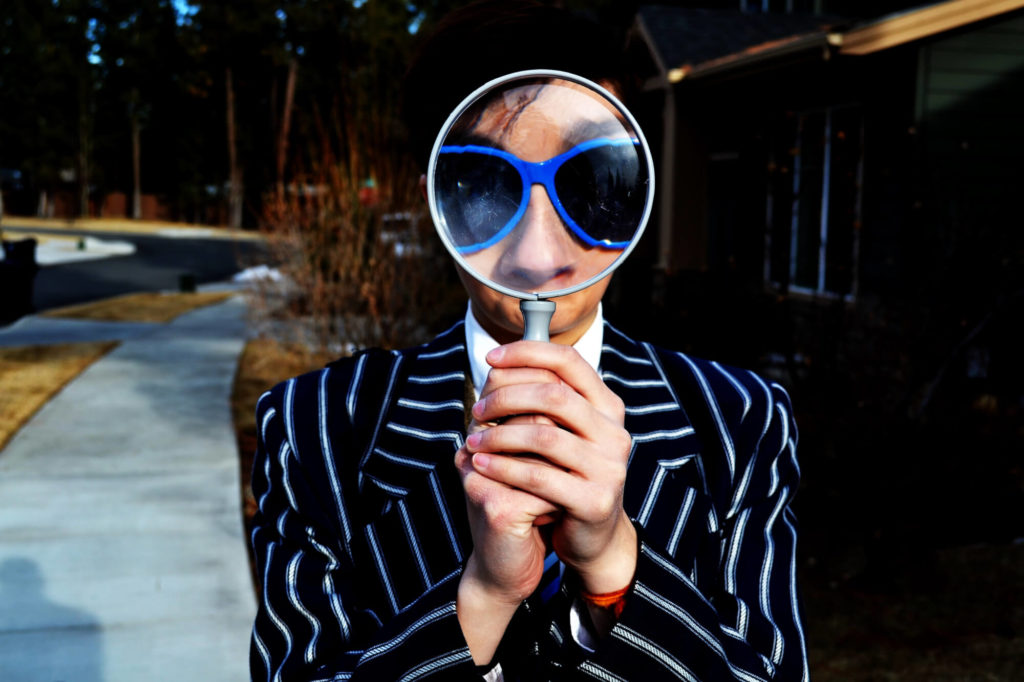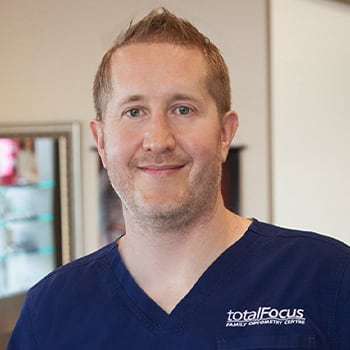Hyperopia or farsightedness is the vision problem where one can view distant objects more clearly than nearer ones. The objects near the individual appear blurry or less clear. People with severe hyperopia can experience blurred vision of both distant and near objects, where near objects appear hazier.
How Does Hyperopia Occur?
Light bends and changes its course when it moves from one object through another. This change of course is refraction. While making its way through the cornea, light bends and falls onto the lens. The retina then passes the light to the brain for interpretation after deciphering it into brain-understable messages.
People suffer from hyperopia because of the refractive error. Refractive error occurs when the shape of the eye interferes in normal refraction of the light. The change in the shape of the eye may be due to a longer or shorter eye ball.
The refractive error leads to the focusing of light on the back instead of the front of the retina. This results in blurred vision. Farsightedness usually happens when the eyeball is shorter in length.
Are There Other Signs for Hyperopia?
The basic symptom for Hyperopia is the blurriness of near objects; you have to squint your eyes to focus on the objects you are trying to see. There are other signs and symptoms for Hyperopia. You will most likely experience headache and eye strain. You may even feel fatigue when working at a close range. If you already wear glasses or contacts for far or nearsightedness, and experience these symptoms repeatedly, you should get an eye examination from your doctor.
What are the Treatment Options?
- Eye Glasses: Wearing glasses has become a fashion statement, but it was primarily designed to correct nearsightedness and farsightedness. Eye glasses are the safest and simplest option for correcting hyperopia. Your eye care professional will prescribe the lenses that are ideal for correcting your farsightedness. Make sure to check with your eye doctor regularly so they can see if you need new glasses. If you or your kids have a lot of exposure to the sun, then you should get glasses with photochromic lenses which automatically darken in UV light.
- Contact Lenses: Contact lenses correct hyperopia by acting as the first surface on which the light refracts, thus preventing the refractive error. Contact lenses provide clear vision, a wider field for vision and comfort. Contact lenses are the most comforting and the safest options when you use them properly. But contact lenses are not suitable for everyone. Check with your proefessional eye care before getting contact lenses.
- Refractive Surgery: Refractive surgery is the only solution to get rid of using eyeglasses or contact lenses permanently. Instead of correcting your vision, refractive surgery corrects your eye shape (lens or cornea) to bring back your perfect vision. There are different surgical options for refractive surgery. Talk to your eye doctor, and they will be able to determine if surgery is a good option for you.
Bottom Line
Hyperopia makes it difficult for you to focus on and view things clearly. However, hyperopia is treatable with the use of eyeglasses, contact lenses and refractive surgery.




